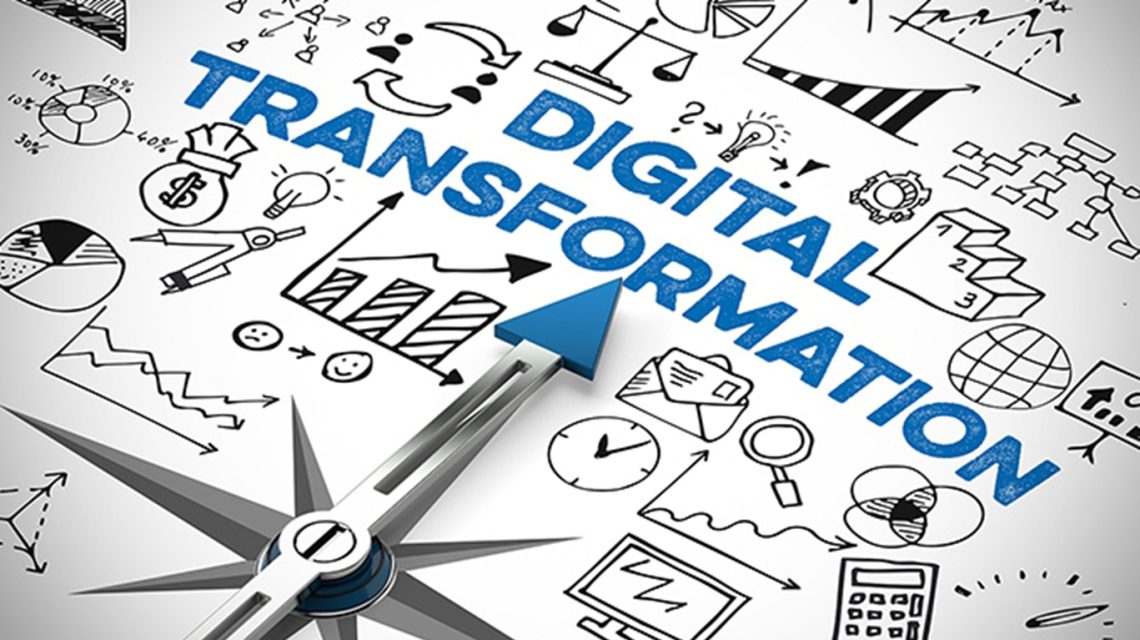In today’s fast-paced business environment, digital transformation has emerged as a pivotal force. As companies integrate digital technologies to enhance their operations and customer interactions, they inevitably influence both their workforce and organizational culture. This article delves into the various ways digital transformation shapes these aspects, highlighting the benefits and challenges that accompany this evolution.
Workforce Transformation
- Skill Development: The advent of digital tools requires employees to acquire new skills. This shift necessitates comprehensive upskilling and reskilling programs to ensure that the workforce remains competitive and adept in a technology-driven landscape.
- Evolution of Job Roles: With the rise of automation and digital processes, traditional job descriptions are being redefined. Routine tasks are increasingly automated, allowing employees to focus on strategic, creative, and impactful work.
- Flexible Work Environments: Digital transformation has significantly accelerated the shift towards remote work and flexible arrangements. This evolution affects employee engagement, work-life balance, and overall productivity.
- Enhanced Collaboration: Digital platforms facilitate better communication and collaboration among teams, regardless of their physical locations. This interconnectedness helps break down silos and promotes a culture of teamwork.
Transformation of Organizational Culture
- Embracing Agility: Organizations must cultivate an agile mindset to adapt to rapid changes. Traditional hierarchical structures are evolving into more flexible and innovative cultures that value experimentation and learning from setbacks.
- Focus on Customer Needs: A key aspect of digital transformation is the emphasis on customer-centricity. Companies must foster a culture that prioritizes understanding and fulfilling customer needs, enabling more informed decision-making.
- Data-Informed Strategies: Utilizing data analytics has become essential for guiding business decisions. This shift encourages a cultural emphasis on data literacy and promotes a more analytical approach among employees.
- Fostering Innovation: Digital transformation nurtures a culture of creativity and innovation, empowering employees to explore new ideas and continuously improve processes.
- Effective Change Management: As organizations undergo significant changes, prioritizing change management becomes crucial. Supporting employees through transitions is vital for maintaining morale and engagement.

Opportunities and Challenges
Opportunities
- Increased Efficiency: Digital solutions streamline operations, resulting in enhanced efficiency and productivity across the board.
- Broader Market Access: Embracing digital transformation enables organizations to expand their reach, accessing new markets and audiences globally.
- Improved Employee Engagement: By providing modern tools that enhance collaboration and personal growth, digital transformation can significantly improve the employee experience.
Challenges
- Skill Gaps: The swift pace of technological advancement may create skill gaps, as employees may find it challenging to keep up with new demands.
- Resistance to Change: Some individuals may resist digital changes, fearing job loss or feeling overwhelmed by new technologies.
- Cybersecurity Concerns: Increased reliance on digital solutions raises cybersecurity risks. Organizations must prioritize protecting sensitive information and implementing robust security measures.
- Maintaining Human Connections: The rise of remote work and digital communication tools can hinder interpersonal relationships and a sense of community within the workforce.
In summary, digital transformation is a journey that profoundly influences both workforce dynamics and organizational culture. By recognizing the opportunities, addressing the challenges, and balancing technological advancements with a focus on people, organizations can effectively navigate the digital landscape. Key strategies include investing in employee development, fostering an agile culture, and emphasizing change management. With these approaches, companies can maximize the benefits of digital transformation and thrive in an increasingly digital world.



 Four Ways Digital Transformation is Enhancing Our Work Environment
Four Ways Digital Transformation is Enhancing Our Work Environment  The Evolution of the Workplace Through Digital Transformation
The Evolution of the Workplace Through Digital Transformation  The Influence of Digital Transformation on Workforce Engagement and Efficiency
The Influence of Digital Transformation on Workforce Engagement and Efficiency  Key Digital Transformation Statistics and Trends You Should Know
Key Digital Transformation Statistics and Trends You Should Know  Digital Transformation and Organizational Change: A Holistic Approach
Digital Transformation and Organizational Change: A Holistic Approach